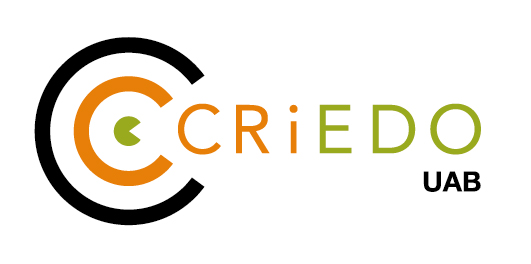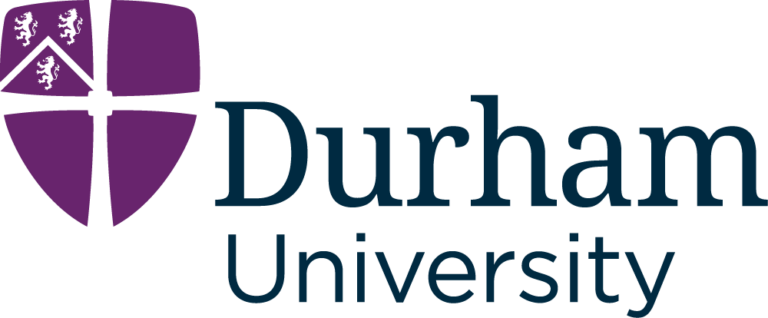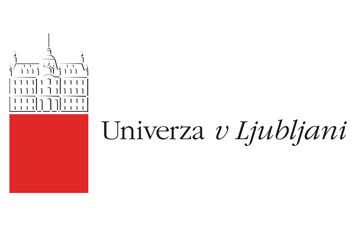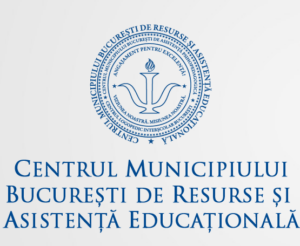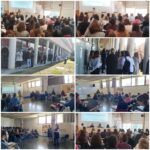Partners from 5 countries

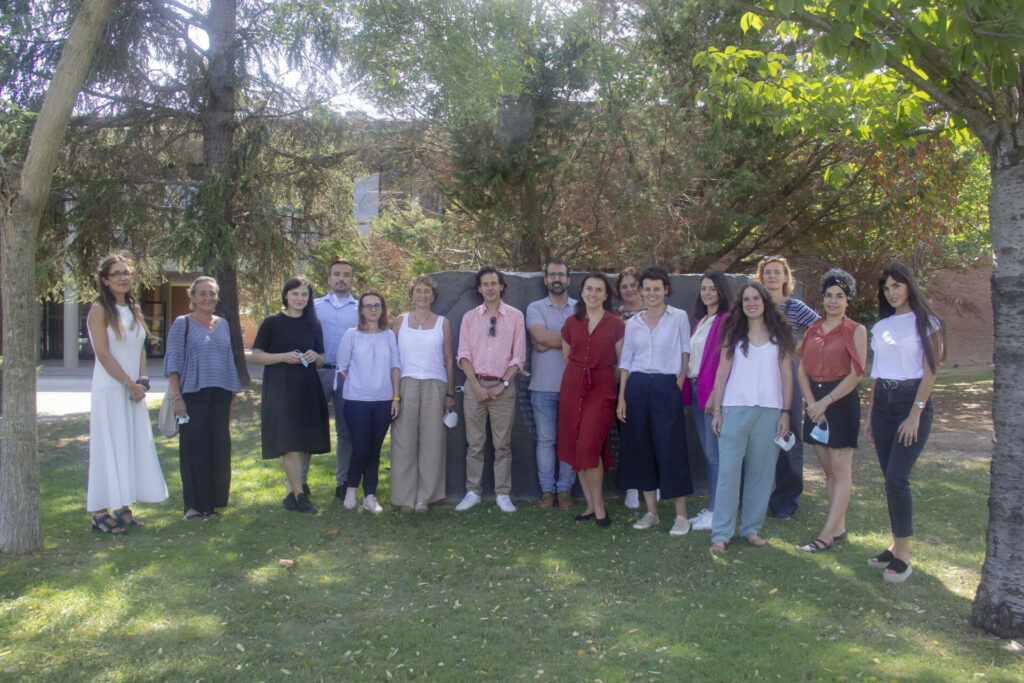
Addressing school inclusion requires of a holistic and interdisciplinary approach, and our research consortium is formed by professionals from different area of knowledge and expertise and the transnational character of the project will provide an extremely useful knowledge since the five countries involved (ES; RO; UK; NL; SI) must respond to similar challenges from five different systems of education and five different institutional frameworks and also the project will benefit from local expertise.
The project coordinator
CRiEDO- Universitat Autònoma de Barcelona (Spain)
The EIPSI project is led by the Center for Research and Studies for Organizational Development [CRiEDO] (http://edo.uab.es) from the Department of Applied Pedagogy, the Autonomous University of Barcelona (https://www.uab.cat/). CRiEDO is specialized in the analysis of training organizations, change processes and the design of strategies for organizational improvement. In recent years, CRiEDO has coordinated several projects (http://edo.uab.cat/es/content/projectes) linked to the analysis of situations of vulnerability in the context of secondary education and higher education.
STAFF PARTICIPATING IN THE PROJECT:
Dr. Georgeta Ion (project coordinator)
Prof. Joaquín Gairín Sallán
Dr. Aleix Barrera
Dr. Anna Díaz Vicario
Dr. Saida López Crespo
Ms. Carme Sanjuan
Dr. Cecília Inés Suárez
Durham University (legally the University of Durham) is a collegiate public research university in Durham, England, founded by an Act of Parliament in 1832 and incorporated by royal charter in 1837. It was the first recognized university to open in England for more than 600 years, after Oxford and Cambridge, and is thus one of the institutions to be described as the third-oldest university in England. As a collegiate university its main functions are divided between the academic departments of the university and its 17 colleges. In general, the departments perform research and provide teaching to students, while the colleges are responsible for their domestic arrangements and welfare.
STAFF PARTICIPATING IN THE PROJECT:
Prof. Chris Brown
Ms. Jane Flood
Amsterdam University of Applied Sciences - Digital Society School (the Netherlands)
Amsterdam University of Applied Sciences (AUAS) students are immersed in Amsterdam during their studies. This bustling cosmopolitan city, and capital of the Netherlands, is home to people from 180 nations and English is widely spoken. Amsterdam is an international business hub, renowned as a hotbed of education and research in all conceivable areas: culture and society, trade, logistics, aviation, shipping, information technology, sports, healthcare and more.
With the city as their classroom, our students and lecturers work closely with countless industries, companies and organizations to come up with smart solutions to challenges facing our city. The University consists of seven faculties with a total of 45,797 students. AUAS is one of the biggest employers in the field of higher education, and in Amsterdam, with some 4,077 staff members.
Through the Digital Society School, we seek to research the impact of technology on society, develop the skills necessary to guide the transformation and pass on this knowledge and these skills to a new generation of professionals. They are ready to begin work on the United Nations Sustainable Development Goals for 2030. They will be the architects of transformation, across the world as well as in your organization.
STAFF PARTICIPATING IN THE PROJECT:
Dr. Dimitrios Vlachopoulos
Ms. Asia Trzeciak
University of Ljubljana (Slovenia)
University of Ljubljana is the oldest and largest higher education and scientific research institution in Slovenia. University with its rich tradition was founded in 1919. It has approximately 41,000 undergraduate and postgraduate students and employs approximately 6,000 higher education teachers, researchers, assistants and administrative staff in 23 faculties and three arts academies. The central building, all three academies and faculties are located in the centre. Some of the most recent and modern buildings were constructed on the outskirts of Ljubljana, giving the university and its students a ubiquitous presence in the city.
The University of Ljubljana is renowned for its quality social and natural sciences and technical study programmes, structured in accordance with the Bologna Declaration. Our projects keep pace with the latest developments in the areas of arts, sciences and technology at home and abroad.
STAFF PARTICIPATING IN THE PROJECT:
Prof. Slavko Gaber
Dr. Veronika Tasner
Dr. Ziva Kos
University of Bucharest (Romania)
The University of Bucharest is considered to be the most important educational, research and cultural institution in Romania. During its 150 years of existence, it has achieved a steadfast national and international prestige.
The numerous generations of students and professors have succeeded in asserting our University as one of the benchmark institutions for the whole Romanian society, as it is the first existing Romanian institution to ever reach the top 600 universities of the world.
The University of Bucharest offers several study programs, on all levels and means of university education: there are 97 bachelor programs, 215 master programs and 22 doctoral programs. All of these are accredited or authorized. The University of Bucharest also holds the TIFFIN EMBA master program.
STAFF PARTICIPATING IN THE PROJECT:
Dr. Mihaela Stingu
Dr. Elena Marin
Dr. Simona Iftimescu
Department of Education - Regional Government of Catalonia (Spain)
The Department of Education is responsible for the design of the educational policy, in the field of non-university education and vocational training and qualification (FP). In the field of non-university education, the Generalitat has the exclusive, shared competences and of execution established in article 131 of the Statute of Autonomy of Catalonia, which have been developed by the Law 12/2009, of July 10, of education.
The functions of the Department are the following:
a) The educational policy in the field of non-university education.
b) The action in the matter of curricular organization and innovation of the educational system.
c) Evaluation of school performance and the establishment of corrective measures.
d) The management and evaluation of the public schools of the educational system of Catalonia.
e) The supervision and relation with the private schools of the educational system of Catalonia.
f) Planning the educational offer of education centres.
g) The management of teaching staff and staff at the service of public schools.
The Department of Education will have a leading role in the implementation of the pilot in 6 schools in Catalonia where data will be collected regarding the transfer of ICT competences by teachers and support staff in the inclusive classroom.
STAFF PARTICIPATING IN THE PROJECT:
Dr. Mª Neus Lorenzo Galés
Ms. Francesca Burriel
Centrul Municipiului Bucuresti de Resurse si Asistenta Educationala- CMBRAE (Romania)
The CMBRAE is an educational institution under the Ministry of Education of Romania, with over 200 employees, school counsellors, responsible for students, teachers and parents counselling. CMBRAE actions are focused on several areas: prevention of school failure, dropout and juvenile
deviance, promotion of a healthy life style and well being, development of interests, attitudes, personal qualities, making decisions skills for career guidance, intercultural approaches,
personal development of students, parents and teachers, development of partnership between school-family and community, development of educational programs and projects,
improvement of educational activities of teachers.
STAFF PARTICIPATING IN THE PROJECT:
Mrs. Marcela Claudia Călinec
Mrs. Ana Maria Oancea
Mrs. Claudia Jarnea

